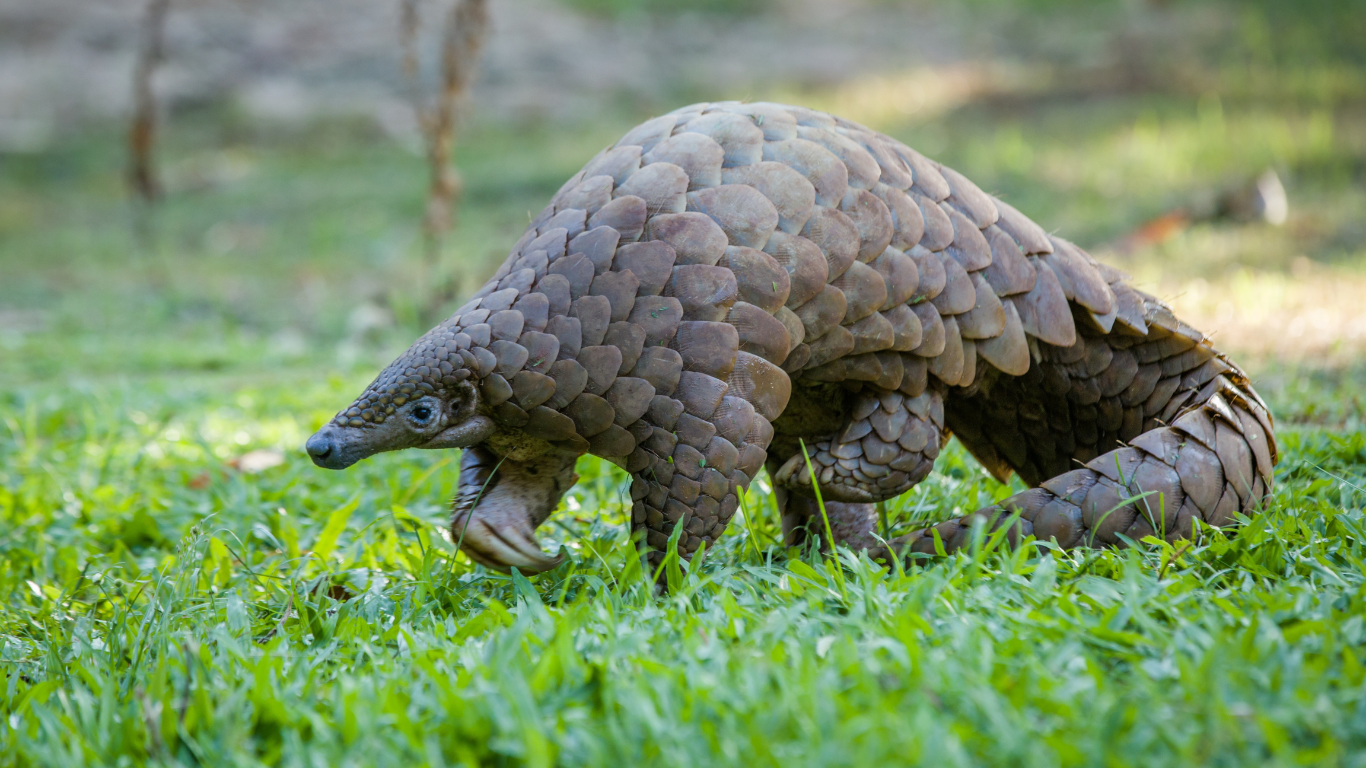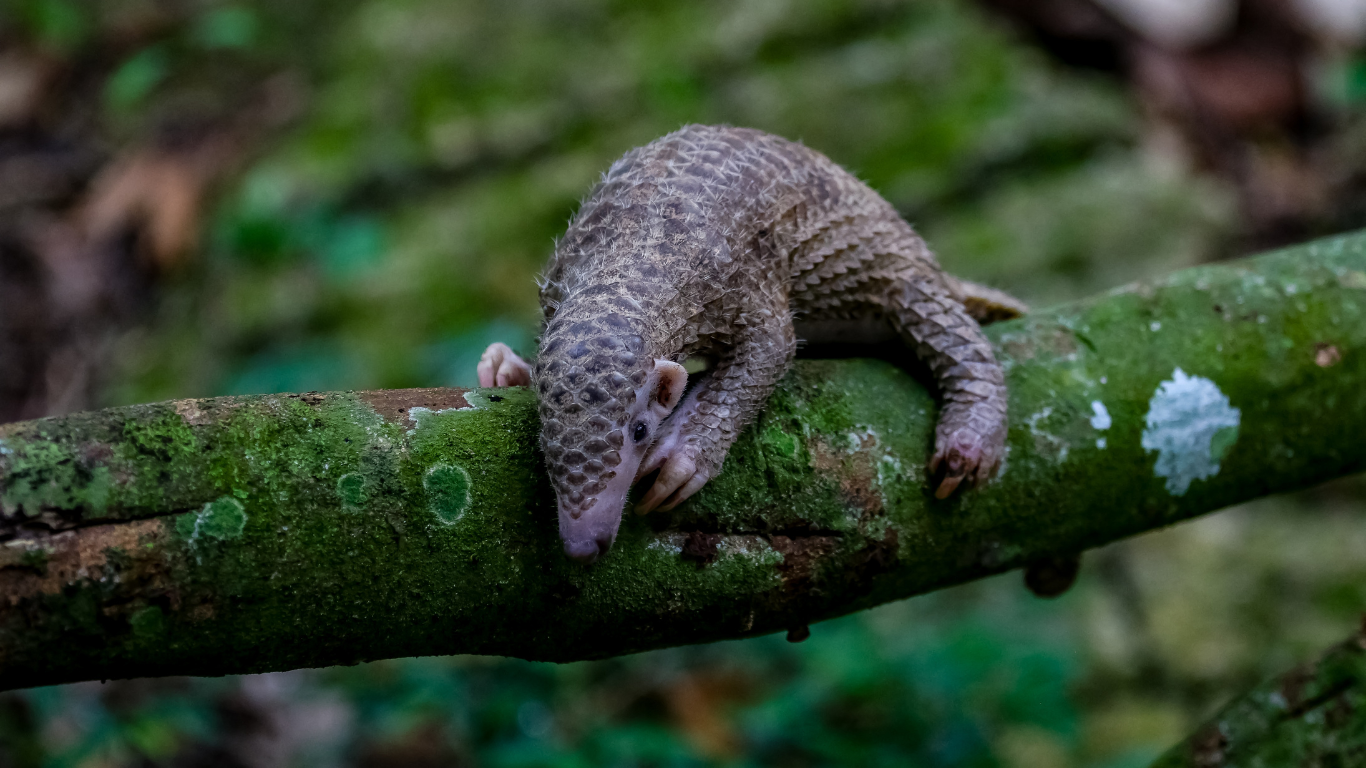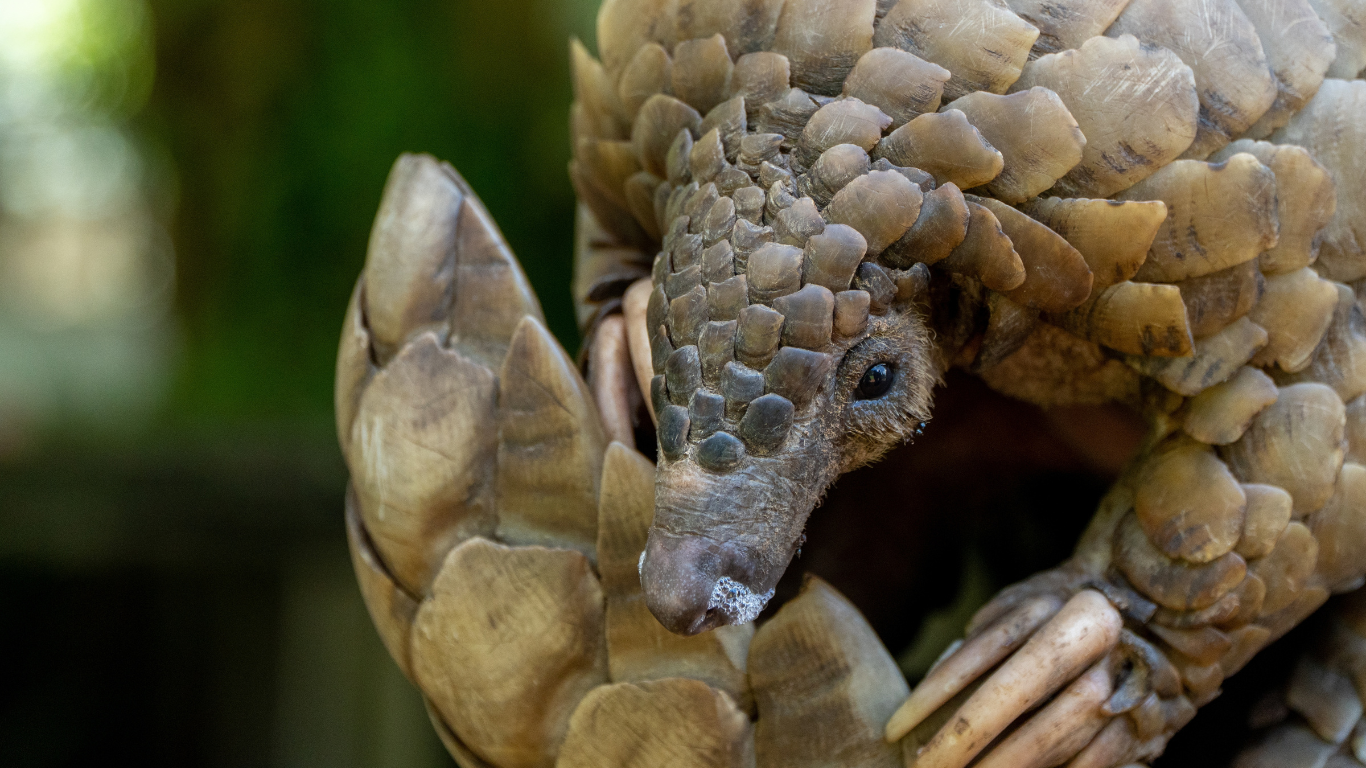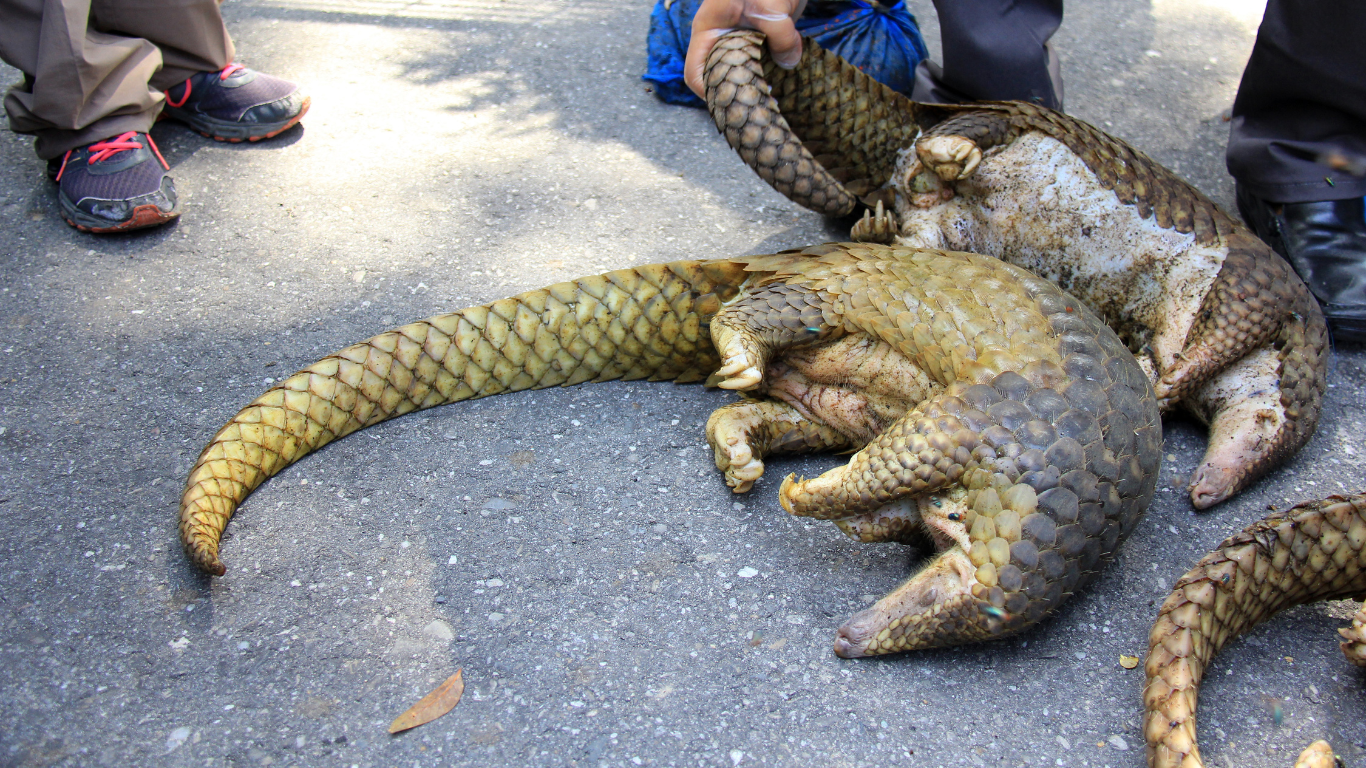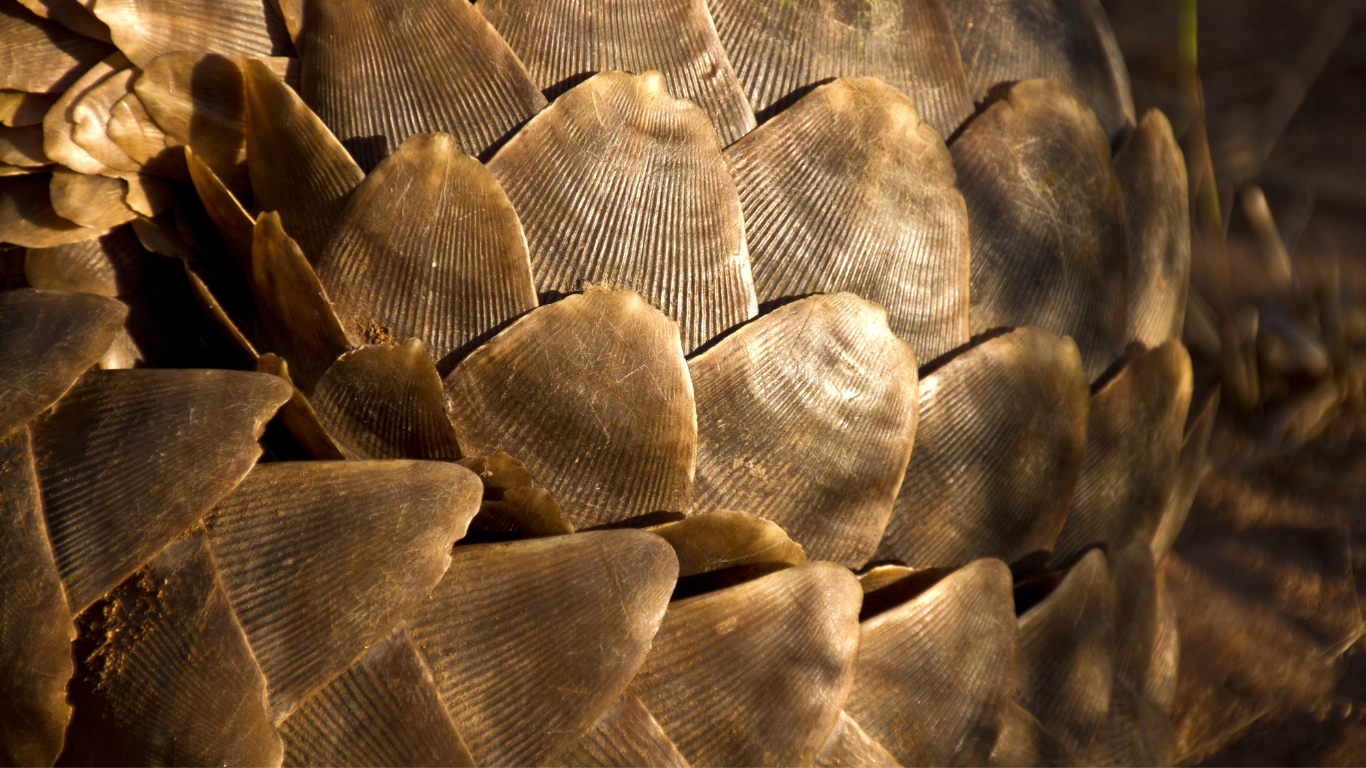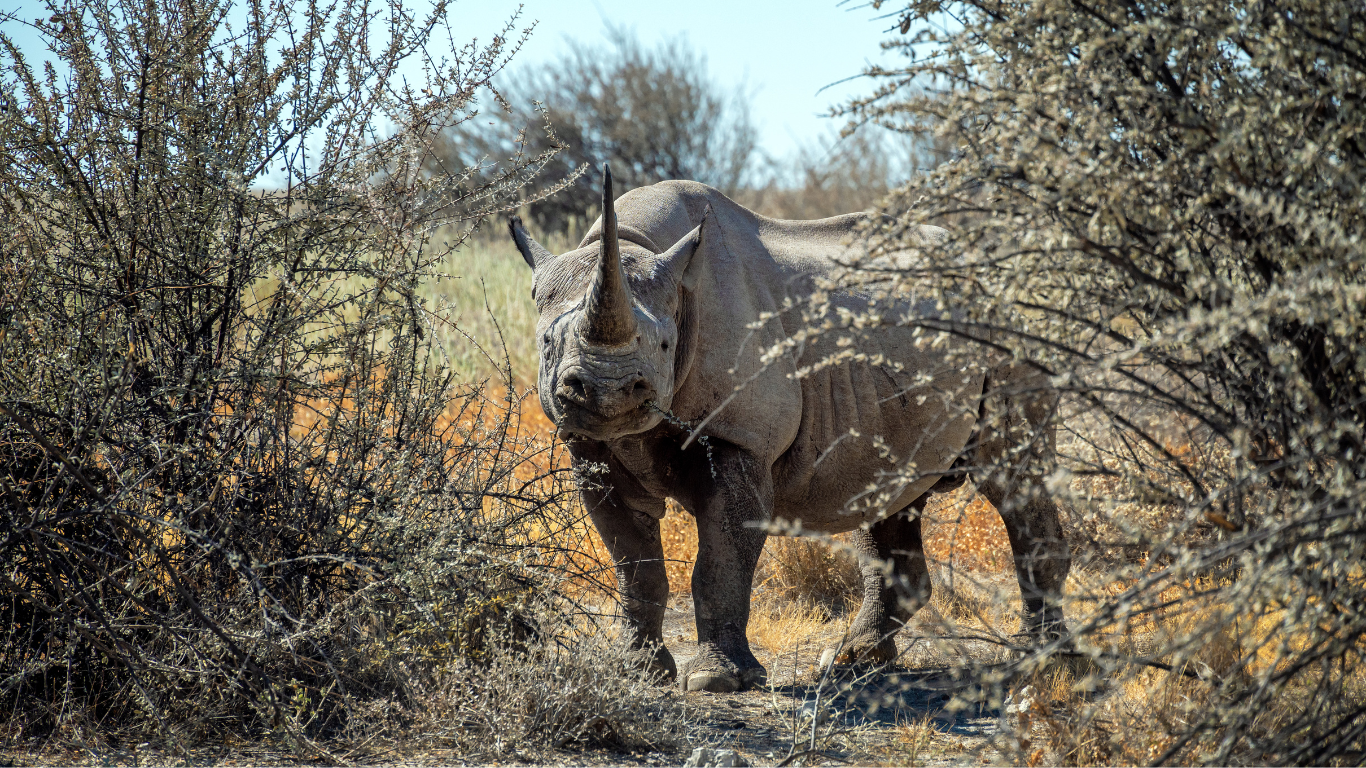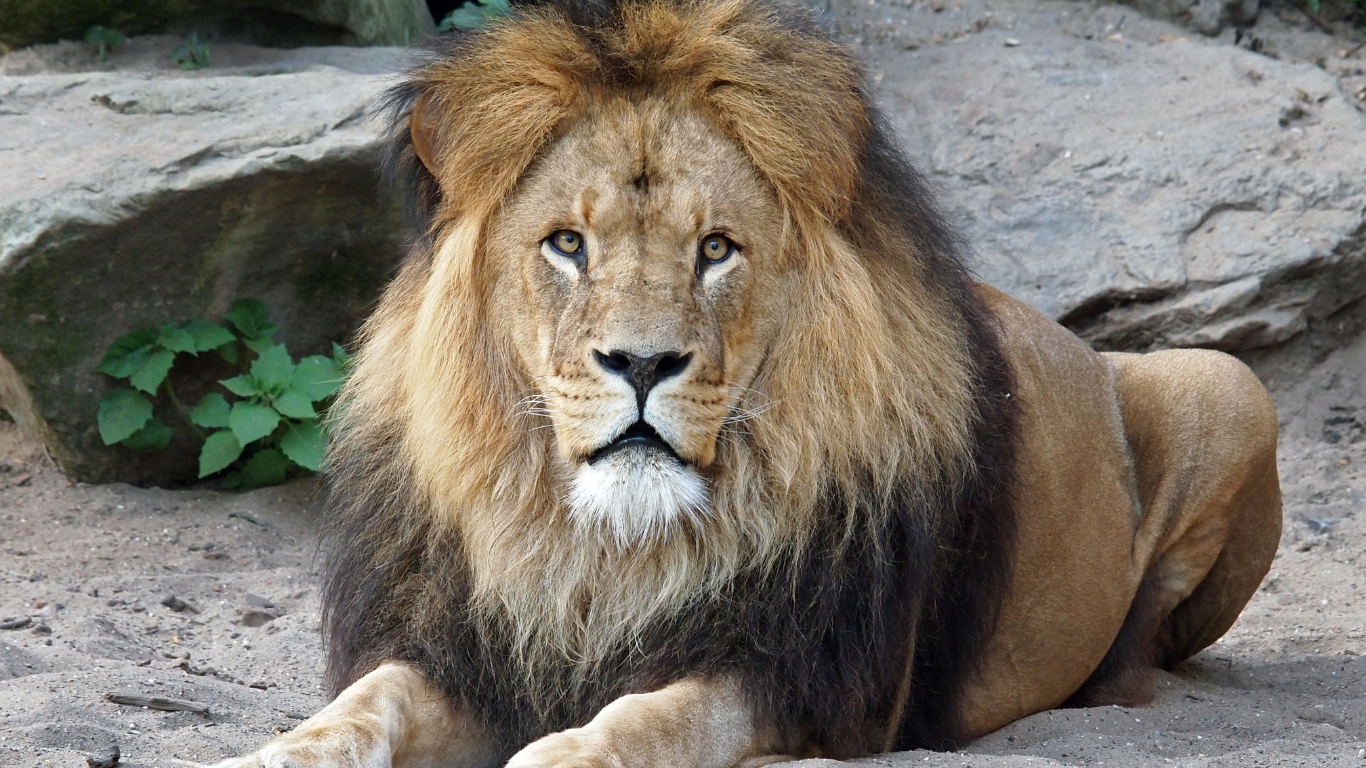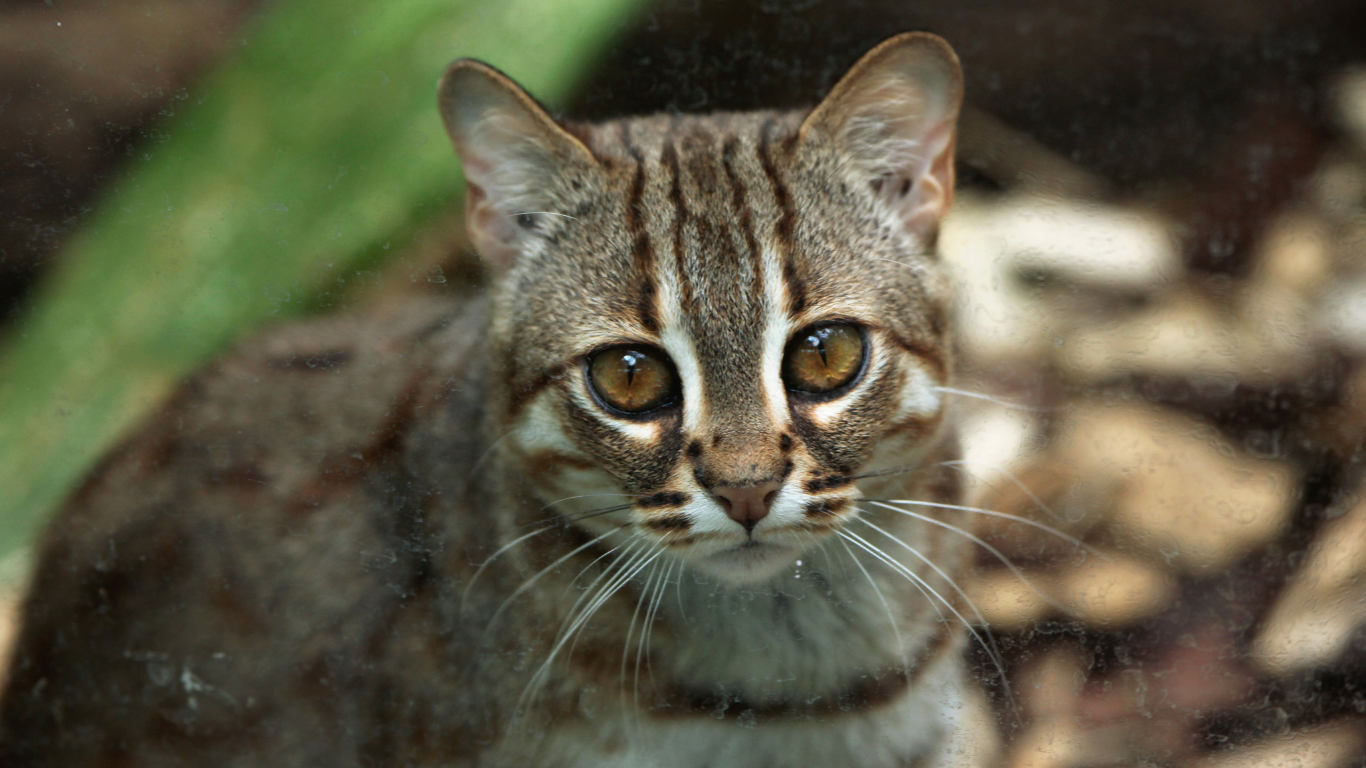Article written by Catrin Einhorn
Originally published by New York Times (June 16, 2025)
The armored mammals are trafficked for their scales and meat.
Pangolins—strangely adorable, scale-covered creatures believed to be the most heavily trafficked mammal in the world — should receive protection under the Endangered Species Act, federal officials said Monday.
The animals are native to Africa and Asia, but the Endangered Species Act requires the government to protect endangered species whether they live in the United States or abroad.
The proposal to bring pangolins under U.S. protection comes in response to years-old legal action by conservationists and despite recent moves under President Trump to weaken the Endangered Species Act and other environmental policies.
For foreign animals, Endangered Species Act benefits include prohibitions on import and export, hunting, and commercial activity. Protection can also open the door to financial assistance to develop and manage conservation programs in the species’ native countries, although that has been thrown into question recently by funding freezes and cuts under the Trump administration.
“The proceeds from the illicit sale of pangolins and other imperiled species often fund serious crimes, including drug and arms trafficking,” the U.S. Fish and Wildlife Service wrote in a news release. “This proposed listing reaffirms the service’s commitment to protecting these magnificent species and ensures the United States does not contribute to their continued decline.”
Pangolins are so threatened that it would be legally indefensible to deny their inclusion, conservationists said.
One species of pangolin is already protected under U.S. law, and the proposal would add the seven other widely recognized ones. They would be classified as endangered, the more dire of the two possible categories, which means a species is at risk of extinction throughout all or a significant portion of its range.
When pangolins feel threatened, they can roll into a protective ball. While this behavior can be effective against certain predators, it makes it easier for poachers to nab them. Pangolin populations have declined because of habitat loss and poor genetic health, in addition to illegal trafficking, officials said.
Pangolins are hunted for their scales, which have been used in traditional Chinese medicine for thousands of years, and their meat, considered a delicacy in China and elsewhere. The scales are made from keratin, like human fingernails, and Chinese research has found that the currently available medical evidence does not support their clinical use. China has been removing pangolin scales from its list of approved medicines, but they are not banned.
International trade in pangolins is prohibited under the Convention on International Trade in Endangered Species of Wild Fauna and Flora, an agreement between governments that is also known as CITES.
The proposed U.S. listing would tighten restrictions a bit further, ending an exemption that allows for the sale of some older pangolin parts within the United States. It would also send a message to China, which continues to have a fairly active domestic market for pangolin scales, said Sarah Uhlemann, international program director with the Center for Biological Diversity, one of the groups that petitioned and sued for pangolins to be listed.
“Being a leader in absolutely closing our domestic market as we’re asking China to close their domestic market sure seems wise,” she said.
International trade in pangolins has decreased since the CITES protections came into force in 2017, experts say, but illegal trade persists.
In the 1970s, the United States listed one African species, the Temminck’s ground pangolin, as endangered.
But since 2014, the International Union for Conservation of Nature’s Red List, which is the scientific authority on the status of species, has found all eight widely recognized pangolin species to be threatened with extinction. Two are classified as vulnerable, three as endangered, and three as critically endangered.
One thing going for pangolins is how they have expanded into the public consciousness in recent years.
“They were virtually unknown 15 years ago, and now my kids have stuffies of them, and they’re showing up in Disney movies,” Ms. Uhlemann said. “That kind of interest, it can really make a difference.”
A 60-day comment period on the proposed rule will start Tuesday, and officials will review comments before publishing a final decision.

